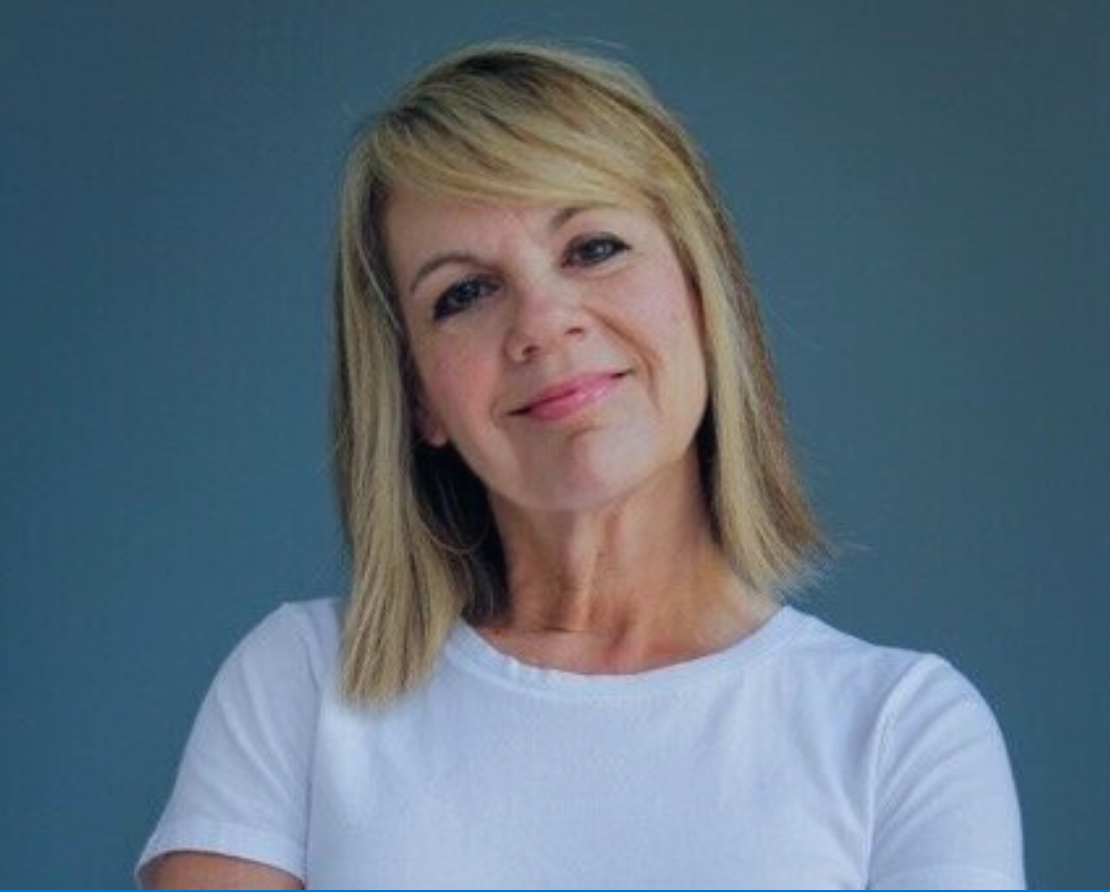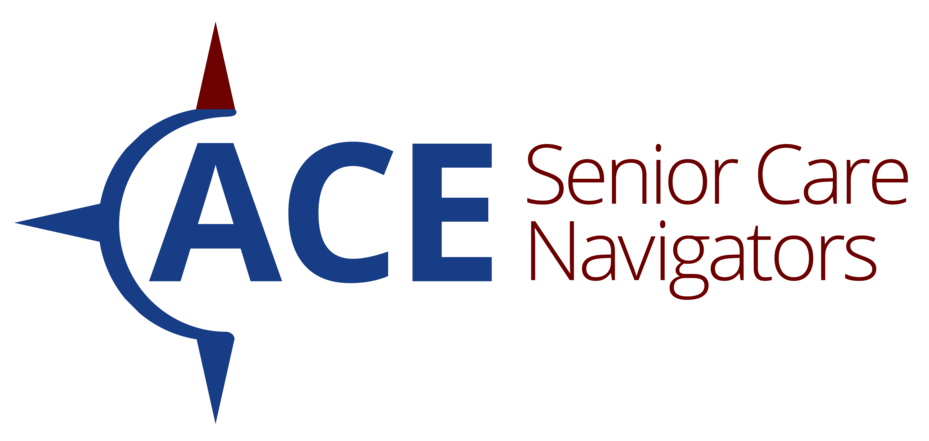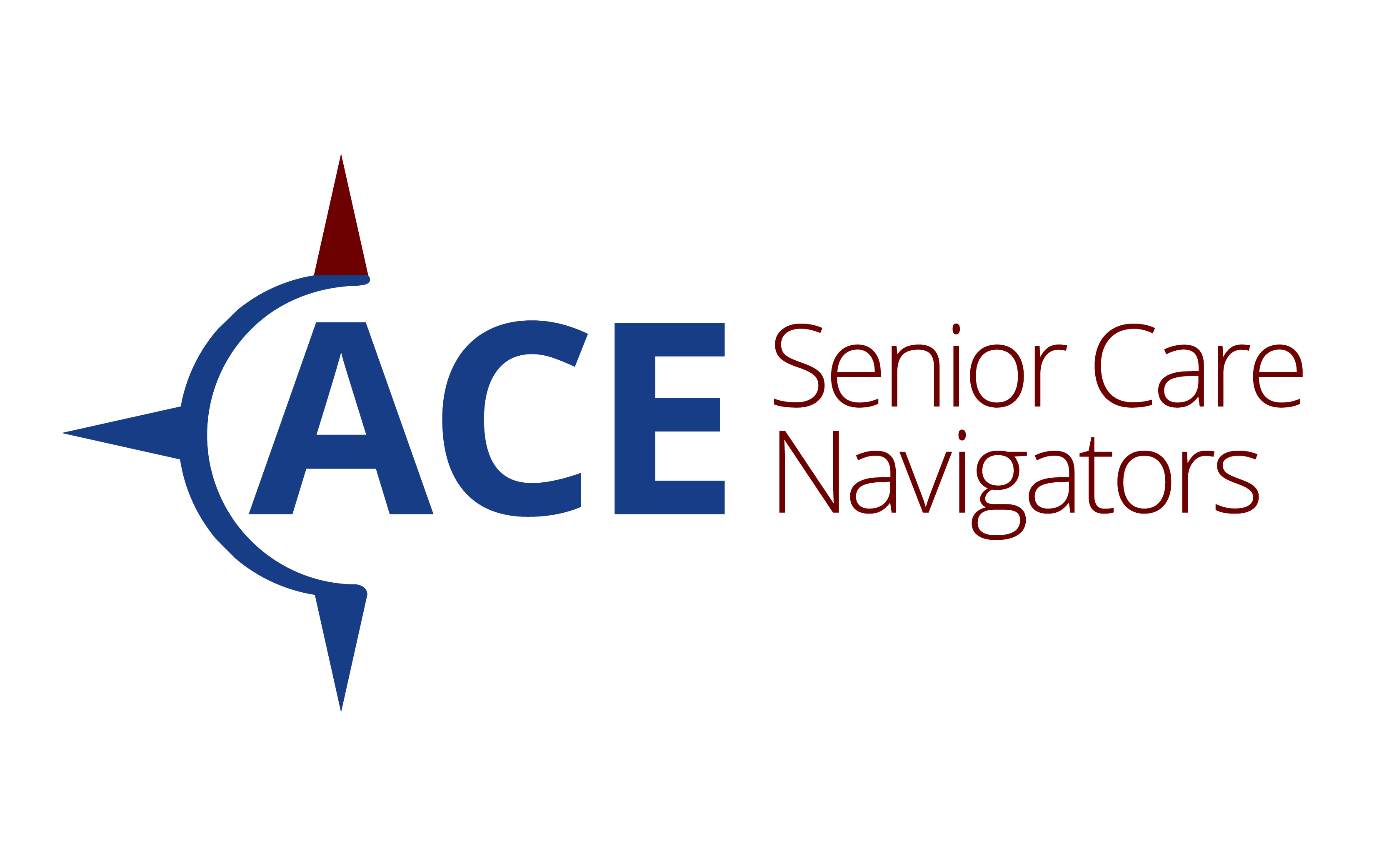Social Worker Interview #1: Colleen Collins Josellis

In honor of March being Social Work Month, ACE Senior Care Navigators is proud to showcase the incredible work that social workers do for older adults. This month we are highlighting a few local social workers to share the variety of roles these professionals have.
First up is Colleen Collins Josellis, who spent a large part of her career as a medical social worker. Colleen has since used her social work background to pivot into executive coaching and professional organizing. She owns and operates Organized Chaos Plus, where she works with individuals all over the Chicago area to “make life a little less complicated.” We are very grateful to Colleen for sharing with us her experiences as a medical social worker:
Tell us about your experience as a medical social worker.
I worked as a medical social worker in two hospitals and with the Visiting Nursing Association. The hospitals were very different, the first was a small hospital in South Phoenix, Arizona; a low income area, primarily Spanish-speaking patients. I was the only social worker in the hospital and it was my first job after grad school – it was trial by fire. I covered all units at the hospital, from pediatrics to geriatrics. After that, I moved to Chicago and worked in a large north shore hospital, as part of a social work department; a very different experience. I covered adult and geriatric patients, specializing in Rehabilitation, where I was part of a multi-disciplinary team including nursing, PT, OT and ST. Lastly, I was a Director of Social work at the Visiting Nursing Association, where I saw patients, mostly elderly, in their homes upon discharge from the hospital. In all of these roles, I provided supportive counseling for both patients and their families and discharge planning.
What were your goals as a medical social worker?
What did you enjoy or find rewarding about your work?
It may sound trite, but it was the ability to make a difference in the lives of patients and their families. Many of them were experiencing a very difficult time, a medical crisis, a new diagnosis or disability. For many seniors, it was a diminishment in their independence. I couldn’t change the facts of the situation, but I could help change their experience with compassion and competence. Letting them know that I would be on this walk with them and would help them find the resources they need. I remember so many patients I worked with, especially the elderly ones. I never, ever forgot what a privilege it was to be in their lives at this inflection point; they invited me into their family and their home, shared their stories and their fears and allowed me to play a small role in helping them move into a new (and many times, final ) phase of their life.
What was challenging about your work?
Being limited in my ability to see patients due to insurance. Lack of resources for my seniors on limited incomes. The medical systems not being responsive to the emotional impact that aging, illness and disability have on patients and their families.
What do you wish others knew about medical social workers?
That we are guided by the tenets of the social work profession; confidentiality, a non-judgmental approach and starting where the client is now in their life; not their past or even their future. Although we have had many of our responsibilities shifted to discharge planning, we always do it with compassion and concern for your emotional well-being.
Thank you so much for sharing your experiences with us, Colleen. We know your patients are very lucky to have worked with you. If you are interested in supporting current humanitarian efforts, the National Association of Social workers recommends these organizations doing relief work in Ukraine.
If you are or know a social worker who works with older adults and would like to be interviewed for this blog series, please reach out to Amy at amy@aceseniorcare.com.



